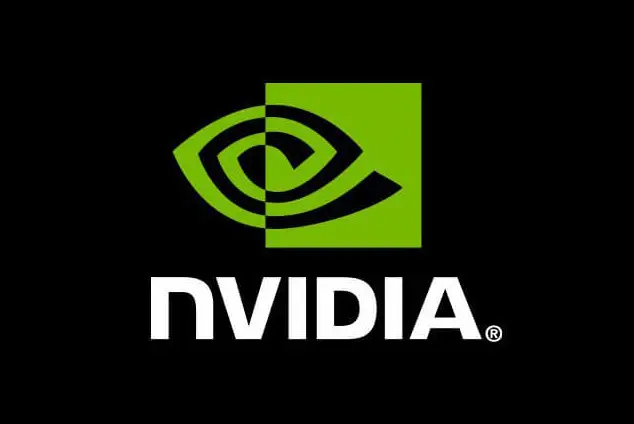U.S. Bans Nvidia’s Key Semiconductor Chip Sales to Middle East Amidst Concerns Over China’s AI Access
The administration of U.S. President Joe Biden has banned sales of certain highly valuable semiconductor chips from Nvidia to the Middle East amidst increasing concerns about China’s access to crucial artificial intelligence resources.

Nvidia, a company valued at $1.2 trillion and one of the world’s most valuable companies, has been instructed to obtain permission before exporting chips to specific countries in the region, in an escalation of national security restrictions imposed by the White House on advanced semiconductors.

These restrictions are believed to be an extension of U.S. efforts to curb Beijing’s ambitions in the field of artificial intelligence, aimed at preventing the sale of chips to the country and limiting the ties between Middle Eastern organizations and Chinese artificial intelligence companies.
The H100 and A100 chips from Nvidia are particularly useful for large language models such as GPT, a key benchmark for computing power, as countries strive to lead in artificial intelligence.
The United States has currently limited sales of these chips to China and Russia, but this latest move represents a significant expansion of U.S. trade controls beyond these two countries.
Nvidia, which disclosed the restriction in a U.S. filing, did not reveal the countries impacted by these controls.
Both Saudi Arabia and the United Arab Emirates have engaged in discussions with China to deepen their artificial intelligence ties and have made purchase requests for thousands of Nvidia chips.
Chinese researchers are believed to have a significant presence in Saudi Arabia’s research institution, King Abdullah University of Science and Technology (KAUST).
Meanwhile, the U.S. government has previously referred to the United Arab Emirates as a potential “recharge point” that Russia could use to evade sanctions.
The United States has long imposed a ban on technology sales to Iran and Syria under decades-old U.S. sanctions.
In a filing, Nvidia stated, “During the second quarter of fiscal year 2024 (the three months ending July 30), the U.S. government informed us of additional licensing requirements for a subset of A100 and H100 products intended for certain customers and regions, including some countries in the Middle East.”
A senior U.S. trade lawyer explained that such restrictions are part of forcing U.S. companies to obtain approval for exports to specific countries or customers for reasons related to national security.
The lawyer added, “There is concern about them being diverted to China from customers in the Middle East.”
He further explained that Chinese companies might seek to innovate artificial intelligence systems on external computers due to the shortage of high-quality artificial intelligence chips in the country.
“The United States is concerned not only about chip exports to China, but also about the ability of Chinese companies to train their artificial intelligence software outside China and bring it back to China,” the lawyer stated.
Both Saudi Arabia and the United Arab Emirates are investing millions to purchase thousands of Nvidia chips, known as graphics processing units (GPUs), in an attempt to enhance their technology sectors in these oil-rich nations.
Saudi Arabia’s Minister of Communications, Abdullah bin Amer Al-Swaha, signed a strategic partnership plan with China last year that included a commitment to close cooperation in the field of artificial intelligence.
Nvidia was previously blocked by the White House from selling its top artificial intelligence chips to China last year, marking the latest in a series of restrictions on semiconductors designed to prevent Beijing from developing advanced artificial intelligence that could be used in weapons or cyberattacks.
The company has redesigned some of its chips to comply with the requirements, although the White House is also preparing to ban these redesigned chips.
Nvidia stated that these restrictions will permanently hinder the ability of U.S. companies to compete in China.

